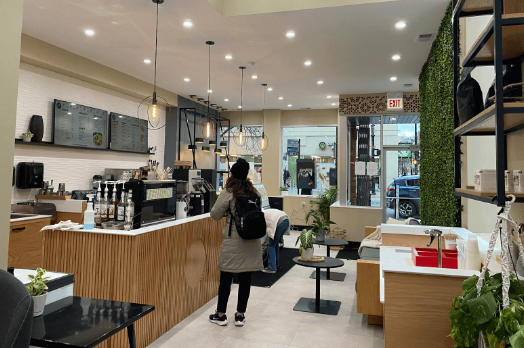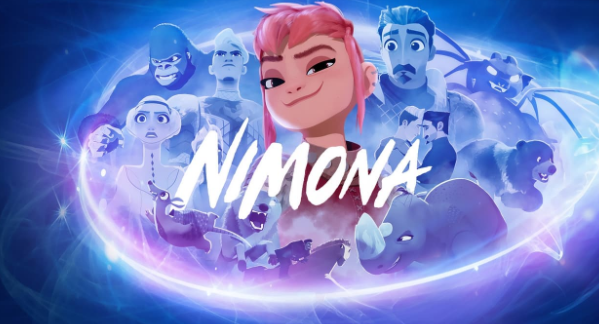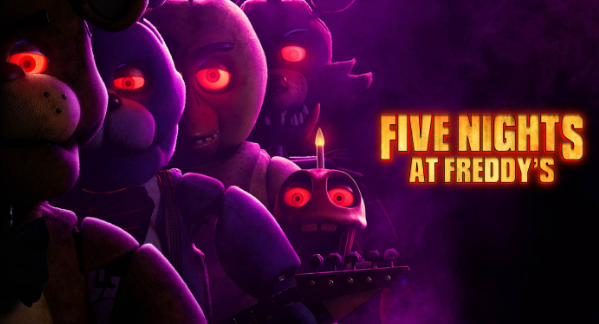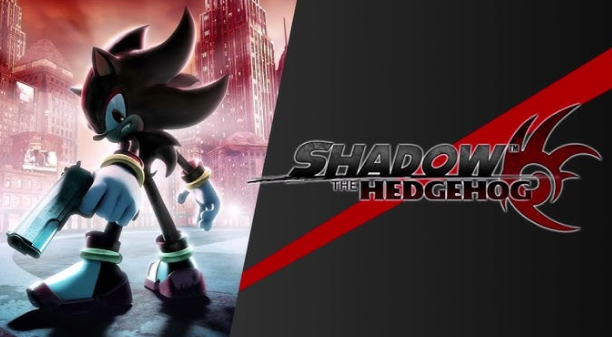By Julianna Ritzu
The past couple of years have seen an eruption of social justice activism across the United States unlike anything seen since the Civil Rights Movement. Specifically the Black Lives Matter movement, which began as a response following the death of Trayvon Martin and the acquittal of his killer, George Zimmerman, on second-degree murder charges, has become crucial in increasing the awareness surrounding systemic racism and oppression of the black community, and mobilizing people to take action. The events of this summer, which saw the deaths of Alton Sterling, Philando Castile, and Paul O’Neal, each at the hands of police brutality, and the shooting of police officers in Dallas this July, which left 9 officers injured and 5 dead, made it clear that the time to act is now. And that’s exactly what Eva Lewis ‘17 did.
On July 11, Lewis, a senior at Payton, and three other organizers from outside of Payton, organized a silent sit-in and solidarity march in Millennium Park, calling on Chicago youth of all races and backgrounds to join in protesting police brutality and gun violence. A second march occurred on August 7 to protest the death of Paul O’Neal. The significance of these protests, of four teenage girls organizing two protests exclusively for youth, when up to this point, public demonstrations of this size have been dominated by adults, can not be understated, especially when these two protests proved to be the most influential the city has seen this summer, drawing media attention nationwide. This overwhelming success speaks not only to the importance of the issues at hand, but to the ambition and dedication of the organizers.
Eva’s passion for activism is clear, and her commitment to her cause, to fighting systemic oppression through youth-based social change, becomes evident when discussing her inspiration for organizing these protests.
“There were a lot of protests happening around, and we didn’t see a lot of youth getting involved,” Lewis explained. “People say that youth are just like ‘Twitter activists,’ like the only thing we do is post, and we were like, ‘no, the four of us, we are more than that.’ Since the protests were so public, we thought, ‘why not talk about police brutality and also gun violence,’ because people were just talking about Black Lives Matter and police brutality, but we wanted to talk about how both police brutality and gun violence come from systemic oppression, and in order for gun violence and police brutality to be gone, we need to get rid of systemic oppression.”
This distinction is increasingly important in a city long plagued by gun violence and a corrupt police department. A city that, in 2016, faced its deadliest year in two decades, with more homicides than New York and Los Angeles combined and over 3,000 victims of shootings this year alone. A city that, in September of the year, moved to fire the 5 officers most closely involved in the Laquan McDonald shooting and subsequent coverup, a coverup fueled by the reelection campaigns of city officials. A city whose long history of corruption, in both politics and law enforcement, have become so tightly intertwined that many believe that the justice system is rigged, only supporting those with money, privilege and connections, and turning a blind eye to the racial injustices that oppress communities everyday.
Eva acknowledges this, saying “People say that the system is broken. The system isn’t broken, the system is doing what it’s supposed to do. Police brutality is an effect of systemic oppression. We just want abolition, we want freedom, and policy change isn’t effective because you can imagine the system like a broken car, where if you fix the engine, or if you fix a piece of it, you’re not fixing the car.”
It is this harsh truth that makes the sheer success of her protests so powerful. Her first protest drew over 1,000 young people of all ages, ethnicities, and socioeconomic backgrounds, halting traffic and shutting down streets in downtown Chicago for several hours. The event made local and national news and trended nationally on Twitter, prompting the four activists to start the organization BLM Youth (@blmchiyouth on Twitter) to create a larger platform for future organizing and youth activism.
“Youth activism is important because we have to live with the repercussions of the things that are going on and it’s important for us to express how we want our lives to look like,” said Lewis. ‘And that’s why youth are so passionate about things, because our generation went through such a culture shock. We’re the first generation ever to grow up where the systemic oppression is history. What did Malcolm X fight for, what did Martin Luther King fight for, what did Assata, Rosa, all these people, fight for, if not our freedom, and we don’t still have it. That’s why it’s important that we do it.”
So what are her future goals as an activist? Eva wants to continue working on the non-profit she launched, entitled The I Project (www.itstheiproject.com), an initiative promoting intersectionality, and a collaboration that joins many artists through photography, poetry, and writing. Additionally, she will be traveling to New York in October to attend International Day of The Girl, an event she has been invited to speak at by the United Nations, in front of international leaders.
When reflecting on the success of her protests, Eva adds, “We were attempting to rewrite the narratives in the city, because people demonize us and say that we are violent, and that we don’t care about anything, especially youth of color, and we were like, no, we can come together and do this peacefully and so our goal was no arrests, and to show the media that these things are possible, and also that black girls can do this. This is for black girls. I think that’s probably why it took off in the way it did.”





Leave a comment